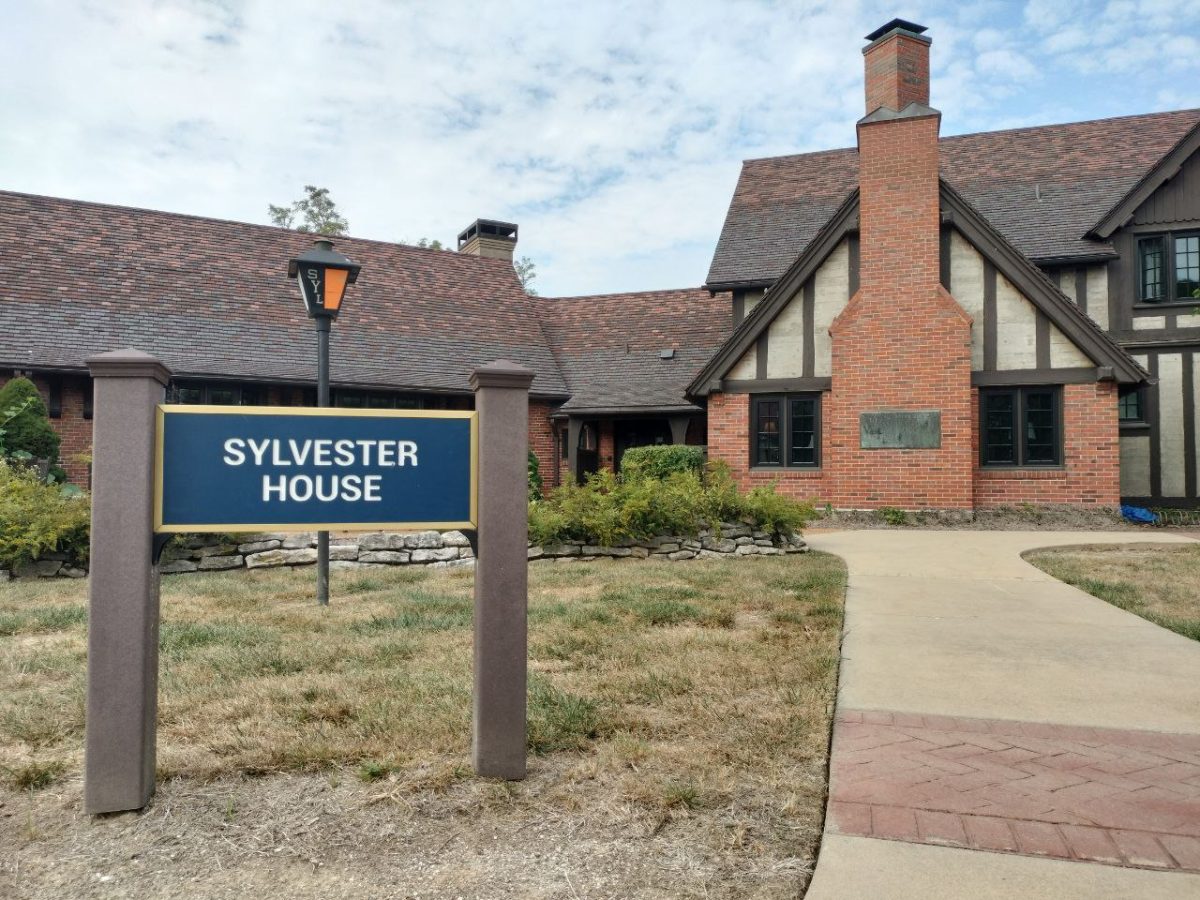International students hoping to get a career in the US after graduation just got a new roadblock: Their employer will have to pay a $100,000 fee to secure a visa for them, thanks to a new rule.
“My first reaction was disappointment; it was my future plan,” said Chris Ruiz, a senior majoring in Digital Media and Journalism, who shared the same feelings of many international students on campus.
In the past, employers sponsoring an H-1B visa typically paid between $2,000 and $5,000 in various government filing fees, depending on company size and specific case details.
The new fee, announced on Sept. 21, won’t affect existing H-1B holders, renewals, and those filed before the fee became effective. However, that’s not the case for new applicants, including graduating students preparing to enter the workforce.
The change has sparked concern among students planning to use Optional Practical Training (OPT), a 12-month work authorization that international students can use after graduation to gain practical experience in their field of study. OPT is sometimes extended and often serves as a bridge to longer-term employment through an H-1B visa.
“I wasn’t surprised by the new fee. I anticipated something like this happening,” said senior Nana Koranteng, a computer science and economics double major. “Recently, there have been more restrictions on immigrants, like the deportations taking place. They are making it harder for immigrants to stay in the country, so yeah, I was not surprised.”
Many international students are rethinking their postgraduate plans in the U.S. after the new H-1B fee increased the cost of sponsorship for employers. This change also complicated some internship prospects, since companies often connect short-term opportunities with longer sponsorship paths.
“At the [SIUE] career fair, a company told me they were not sponsoring either OPT or internships because they are looking for someone long-term and are not sponsoring visas right now,” said Kesiena Berezi, a senior with a double major in computer science and economics.
For many international students at Principia College, the H-1B visa was part of their future plans. After graduating, students use OPT for a year with the hope of getting sponsorship in the process. The additional fee now creates another barrier to pursuing that route.
With the new $100,000 H-1B visa fee set to remain in effect for 12 months unless extended, students have turned to the Career Center for guidance to navigate this change.
“At first, I was relieved that this was not going to affect our current international students, but when students began approaching me about their futures, I realized it was impacting those transitioning from OPT to H-1B,” said Career Center Director Carrie Silverstock. “Many students are upset and frustrated.”
Alongside the Career Center’s support, Principia’s legal counsel, Elise Crow, clarified how the policy is applied. She said the new fee affects only first-time H-1B petitions filed outside the U.S., not renewals or transfers.
Crow said the college will hold an informational meeting on Oct. 17. Several campus offices say they are committed to providing timely updates and resources as international students plan their futures





